While Mexicans represent the largest Latino population in the United States, the much smaller Puerto Rican community has made a remarkable impact, often competing head-to-head across various fields. With fewer than 6 million Puerto Ricans in the U.S. compared to nearly 38 million Mexicans, Puerto Ricans maintain a cultural visibility and influence that place them on equal footing with their Mexican counterparts in areas like boxing, music, academia, and pop culture.
A Numerical Comparison Mexicans in the United States: The Mexican community in the U.S. numbers around 38 million people, representing roughly 61% of the Latino population. Mexico has long been the largest source of immigration to the U.S., with multiple generations established in the country.
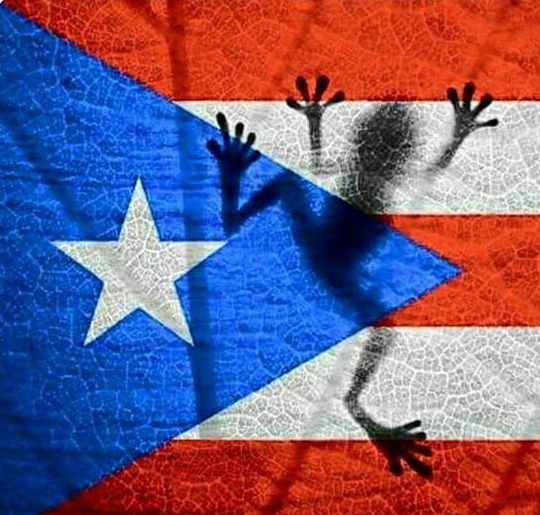
Puerto Ricans in the United States: In contrast, Puerto Ricans, though much smaller in number, total around 5.8 million people. Despite their reduced numbers, Puerto Ricans have achieved a disproportionate impact on cultural and social life in the United States, often matching or even surpassing that of the larger Mexican community in various sectors.
Boxing has long been a competitive arena for both Puerto Ricans and Mexicans. Mexico has produced legendary boxers like Julio César Chávez, Canelo Álvarez, and Juan Manuel Márquez, who have gained worldwide recognition. However, Puerto Rico has also produced champions and icons who match this level of excellence, such as Félix “Tito” Trinidad, Wilfredo Gómez, and Miguel Cotto.
Fights between boxers from both nations are considered classics, symbolizing not only competition but also mutual respect between the two cultures. The number of championships and the passion that Puerto Ricans bring to boxing demonstrate their ability to achieve success on par with their Mexican peers, despite having a smaller population.
In music, Puerto Rico has become a key source of influence, especially in genres that have achieved global recognition. From salsa, with figures like Héctor Lavoe, to reggaeton, popularized by artists such as Daddy Yankee, Don Omar, and Bad Bunny, Puerto Rico has shaped the Latin music scene and redefined pop culture internationally. Reggaeton, a genre that largely emerged in Puerto Rico, is now a global sound resonating across continents.
Mexico has also made significant contributions to music, with popular genres like ranchera and regional Mexican music, immortalized by legends such as Vicente Fernández and, more recently, Natanael Cano in the “corridos tumbados” genre. However, the global reach of reggaeton and the worldwide fame of Puerto Rican artists have positioned Puerto Rico prominently on the music scene.
In the academic and scientific fields, Puerto Ricans have made considerable strides in the United States. From medicine to environmental sciences, members of the Puerto Rican community have broken barriers to reach influential positions. Examples like Dr. Antonia Novello, the first Latina woman to serve as U.S. Surgeon General, reflect the commitment of Puerto Ricans to scientific and academic advancement.
Mexicans have also made valuable contributions in this field, with notable figures such as Nobel Prize-winning chemist Mario Molina, who contributed to the study of ozone layer depletion. Though many Mexicans face greater obstacles to accessing advanced academic positions, the achievements made demonstrate a collective commitment to progress and education.
Pride and Representation Worldwide Puerto Rican identity is expressed through festivals, parades, and artistic expressions that celebrate its history and culture. In cities like New York, Puerto Rican Day is an emblematic event that showcases the pride of a community that has built a recognizable identity within and beyond the United States.
Meanwhile, Mexican heritage has also expanded internationally. Celebrations like Día de los Muertos and figures in film and the arts —from Salma Hayek to Guillermo del Toro— have elevated Mexican culture on the world stage.
David vs. Goliath in the Cultural and Social Arena
The comparison between Mexico and Puerto Rico in the United States and globally is complex, especially due to differences in size and migration contexts. However, Puerto Rico, with its small but dynamic community, has managed to stand out in numerous areas and continues to compete prominently with the Mexican diaspora across almost every field, from entertainment to science. Although their numbers are not comparable, the impact of Puerto Ricans serves as a reminder of the power of culture, resilience, and shared identity.


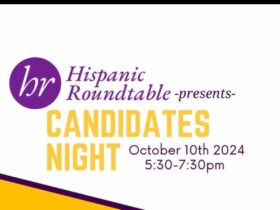
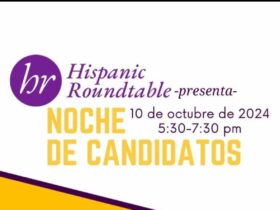



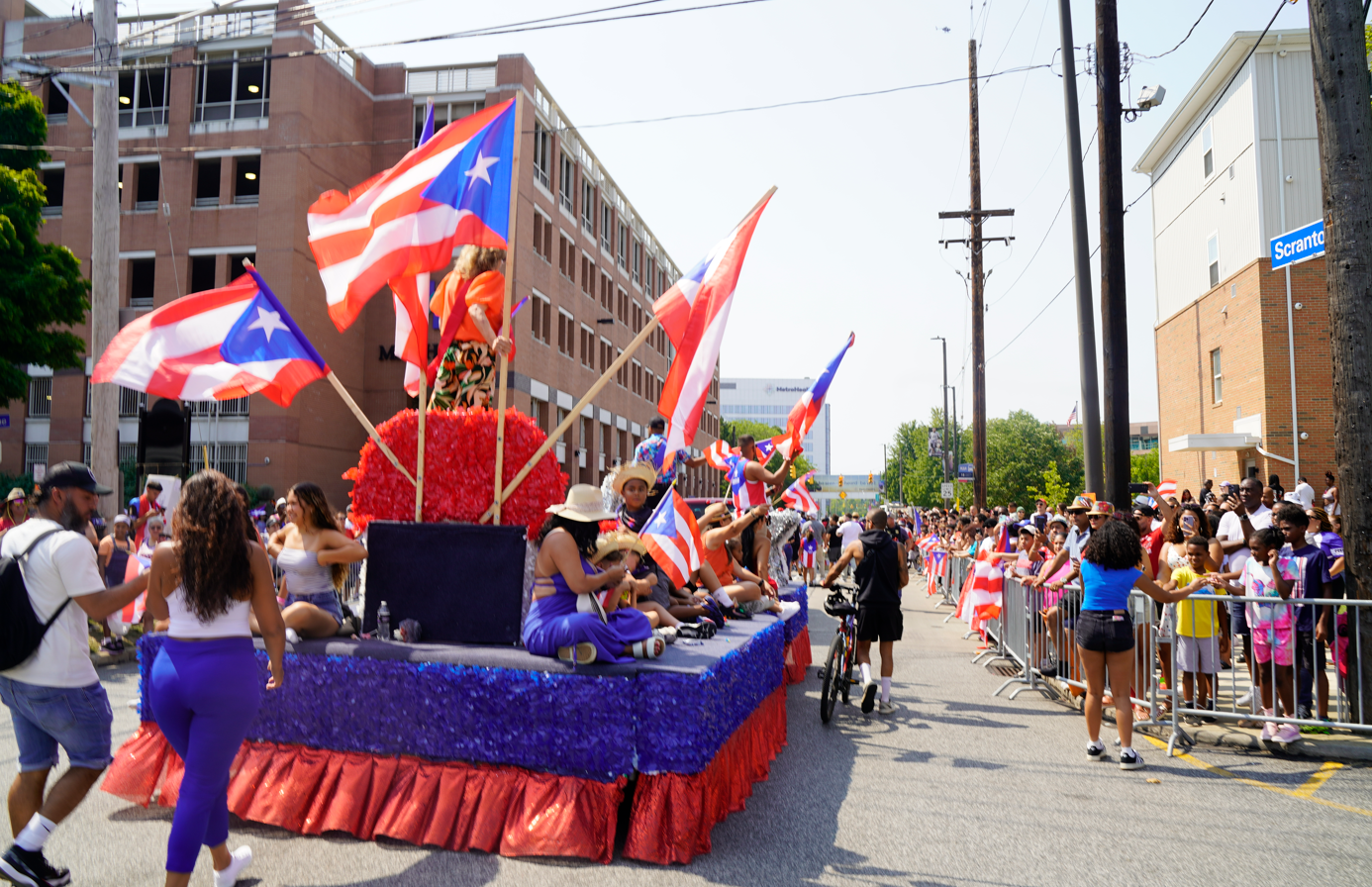



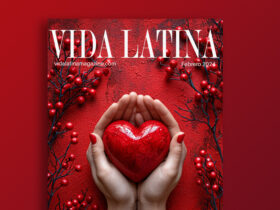

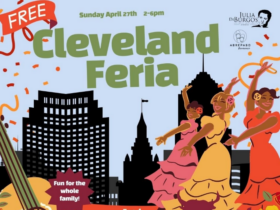

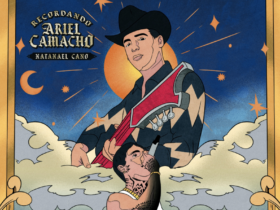


Leave a Reply